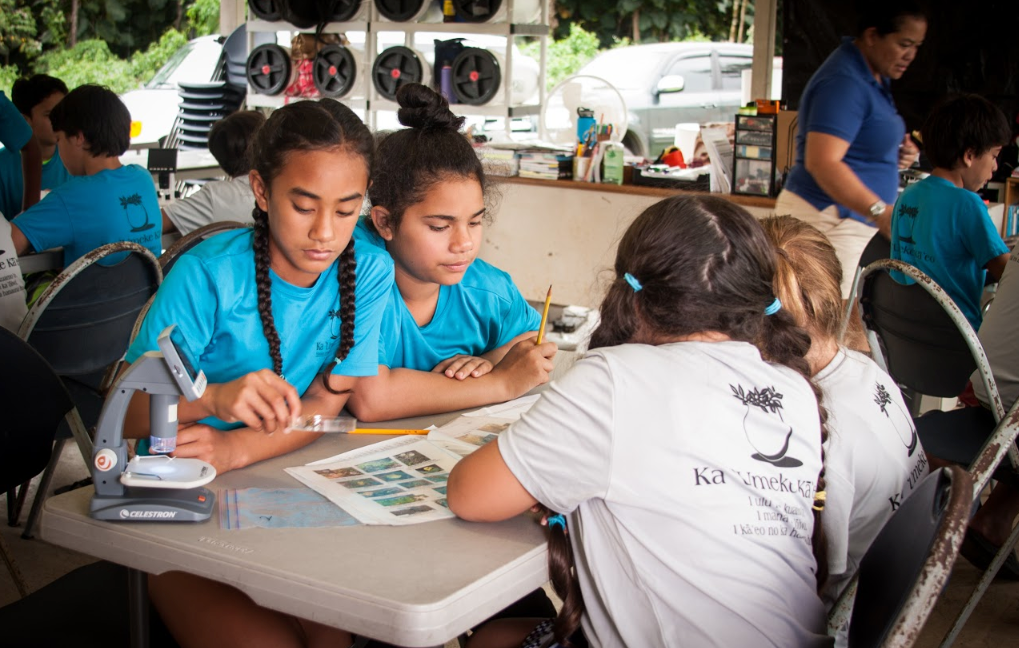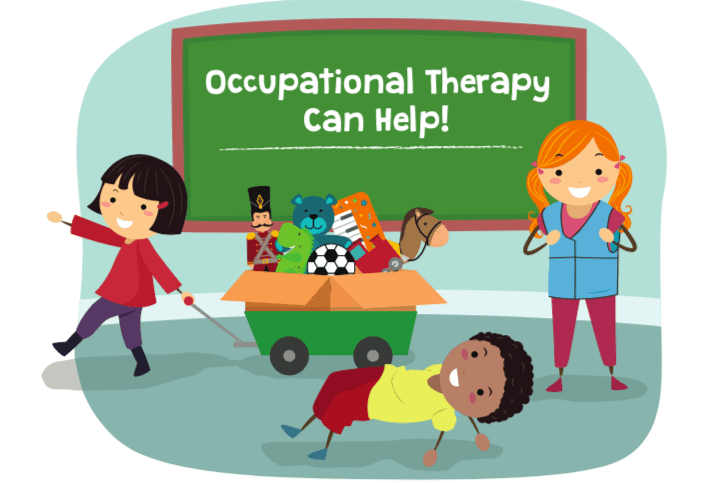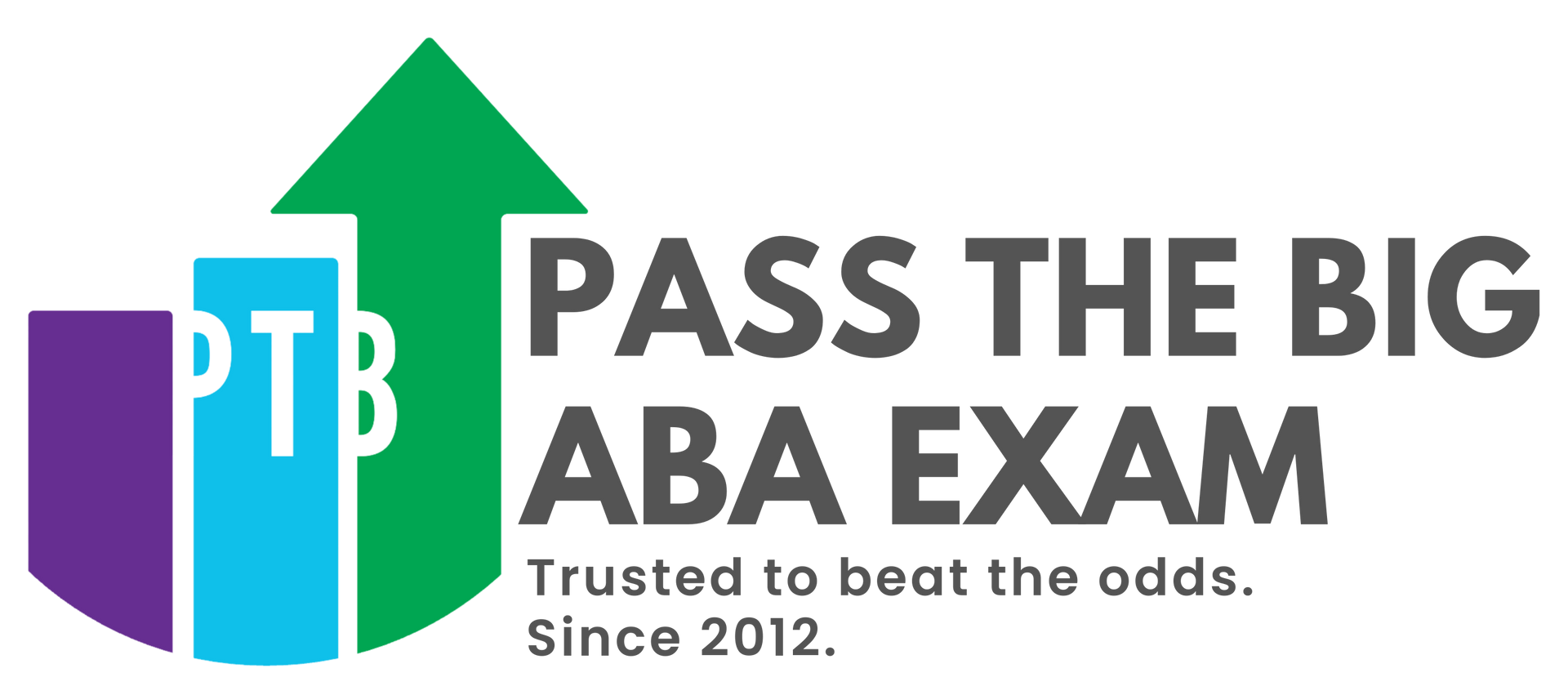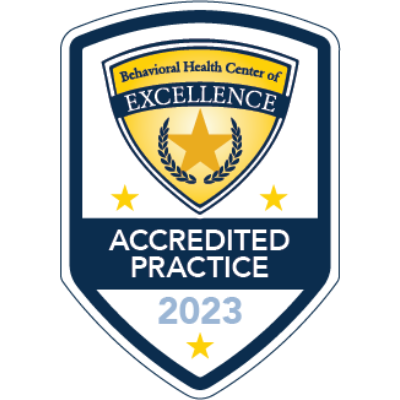Understanding Autism: A Guide for Parents and Caregivers
Direction for Parents and Caregivers

Let’s dive into a topic that's close to our hearts: understanding autism. As caregivers and parents we obviously want the best for our kids. But before we can provide the support and care they need, we have to truly understand autism and the treatment options available.
What is Autism?
Autism, or Autism Spectrum Disorder (ASD), is a neurodevelopmental disorder that affects how a person communicates, interacts with others, and experiences the world around them. It's important to remember that autism is a spectrum, meaning that individuals with autism can have a wide range of strengths, challenges, and characteristics. While the medical field defines autism as a disorder, many people view autism as a different and diverse way of being and not necessarily a disorder.
Signs and Symptoms
Recognizing the signs of autism early on can lead to timely intervention and support. While every child is unique, some common signs and symptoms of autism include:
- Social Challenges: Difficulty with social interactions, such as making eye contact, understanding social cues, and forming friendships.
- Communication Differences: Delayed speech or language development, repetitive language or behaviors, and difficulty understanding or expressing emotions.
- Sensory Sensitivities: Heightened sensitivity to sensory stimuli, such as loud noises, bright lights, or certain textures.
- Repetitive Behaviors: Engaging in repetitive movements or activities, such as hand-flapping, rocking, or lining up objects.
Diagnosis and Evaluation
Psychological evaluation can be used in a variety of ways to offer additional information and clarification towards ongoing treatment and progress. Examples might include:
- Diagnostic screening and assessment.
- Assessing for “Twice-Exceptional” individuals who are both advanced in some developmental/cognitive areas and developmentally behind in others.
- Providing thorough cognitive and academic assessment reports for adolescent students who are preparing to apply to college.
- Assessing for verbal and non-verbal learning disabilities that may be impacting a child’s ability to learn.
- Determining if a co-occurring condition such as anxiety or other mood disorders may be complicating developmental progress for a child.
- Assessing cognitive function to aid in individualized treatment planning.
- Making referrals for additional medical testing and screening
A thorough assessment can help determine whether your child meets the criteria for an autism diagnosis and guide the development of an individualized treatment plan. If you’re in Hawai'i and looking for an autism provider that utilizes evidence-based practices, start by booking a consultation.
Treatment and Support
While there is no cure for autism, early intervention and ongoing support can make a significant difference in a child's development and quality of life. At Malama Pono Autism Center, we offer a range of evidence-based interventions and therapies tailored to meet the unique needs of each child. Some common treatments for autism include:
- Applied Behavior Analysis (ABA): ABA therapy focuses on increasing desired behaviors and reducing challenging behaviors through positive reinforcement and systematic teaching methods.
- Speech and Language Therapy: Speech therapists can help improve communication skills, including speech articulation, language comprehension, and social communication.
- Occupational Therapy: Occupational therapists work on improving sensory processing, fine motor skills, and activities of daily living to enhance independence and participation in daily activities.
- Family counseling and Support: Autism impacts the whole family and often siblings, caregivers, and couples can benefit from receiving extra support and guidance alongside their child.
Empowering Parents and Caregivers
As parents and caregivers, you play a vital role in your child's journey with autism. By educating yourself about autism, seeking support from professionals and other families, and advocating for your child's needs, you can help them reach their full potential and thrive.
By embracing neurodiversity, celebrating strengths, and providing compassionate care, we can create a world where every individual, regardless of their abilities, is valued and supported. Understanding autism is the first step towards building a supportive and inclusive environment for individuals on the autism spectrum. And the good news is – you don’t have to do it alone!
If you have any questions or would like to learn more about our services and autism resources at Malama Pono Autism Center, please don't hesitate to reach out. MPAC is dedicated to providing support and solutions for the autism community in Hawaii. Together, we’re making a difference in the lives of children with autism and their families.






